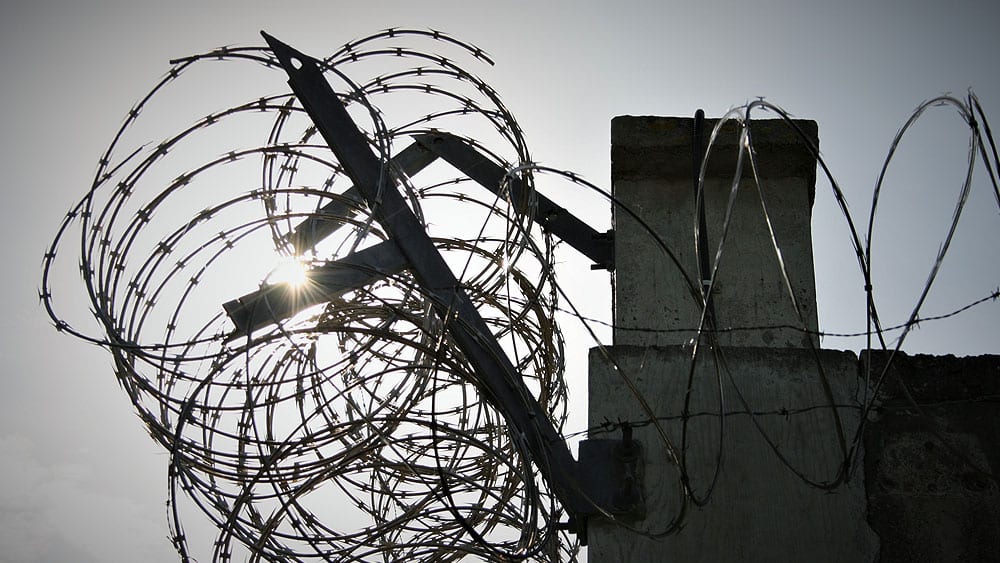
Some inmates at the Ottawa-Carleton Detention Centre are angry that the jail isn’t doing enough to protect them from the spread of COVID-19.
They say the guards only sanitize the areas they touch and mock the inmates when they complain.
Randy Hoskins is a member of the Miawpukek First Nation in Newfoundland and Labrador and has been in the facility since 2017.
He says conditions were bad for Indigenous inmates before and are even worse now with the pandemic.
“For the first month, month and a half being in here, there’s no smudging, no Aboriginal teachings. Nothing,” Hoskins says.
Hoskins has a heart condition and says his medication has been withheld from him in the past as a disciplinary tactic.
Now he says the same is being done with the guards withholding cleaning supplies.
He says he returned from a video court date on Monday and the holding cell floors and walls were the filthiest he had ever seen it covered with food, juice, blood and feces.
Read More: COVID-19
Jordan Land is part Inuit, part Ojibway and was raised in Ottawa.
He returned from a court appearance last week and witnessed the same unsanitary conditions in the holding cells.
Land feels very little is being done to screen inmates coming and going from the jail.
“When I came back they asked me three simple questions. Are you coughing? Are you sniffling? Do you feel like you have a fever? Next. That’s the extent of the policy,” Land said
Land is particularly concerned about COVID-19 getting into the jails because he has a history of respiratory illness and he’s a long-time smoker.
People with respiratory illnesses are more vulnerable to the serious effects of the virus.
Sylvia Jones is the solicitor general of Ontario and is in charge of correctional services in the province.
In a statement sent to APTN News, her office said inmates are screened for respiratory illness when admitted to Ontario jails.
“In addition to inmates being medically assessed at admission, they also receive care as required during their incarceration,” the statement read.
The statement also said that when an outbreak occurs, officials take immediate containment actions in accordance with their operating procedures.
This includes notifying the local medical health officer and provincial health professionals.
“Institutional health care staff working collaboratively and under the direction of the local medical officer of health manage the situation, including containment strategies such as medical isolation,” the letter said.
“On March 13, we announced measures to protect Ontario’s adult correctional facilities from COVID-19 by granting intermittent inmates, who serve time on the weekends, temporary absences from custody.”
Intermittent inmates serve time on the weekends but are released during the week for work.
This is a measure that will not help inmates such as Land and Hoskins and other than cancelling all visitations, the statement doesn’t give any insight on how they will be protecting the inmates themselves.
Both Land and Hoskins have asked for conditional releases according to their own situations and due to their medical conditions.
They have not been granted such a release.
There is a push by advocates by some advocates to release some inmates from Canada’s jails.
The Ministry of the Solicitor General says they will continue to monitor the situation but inmates such as Land and Hoskins have no choice but to sit in their cells and wait for the impending epidemic to hit.











